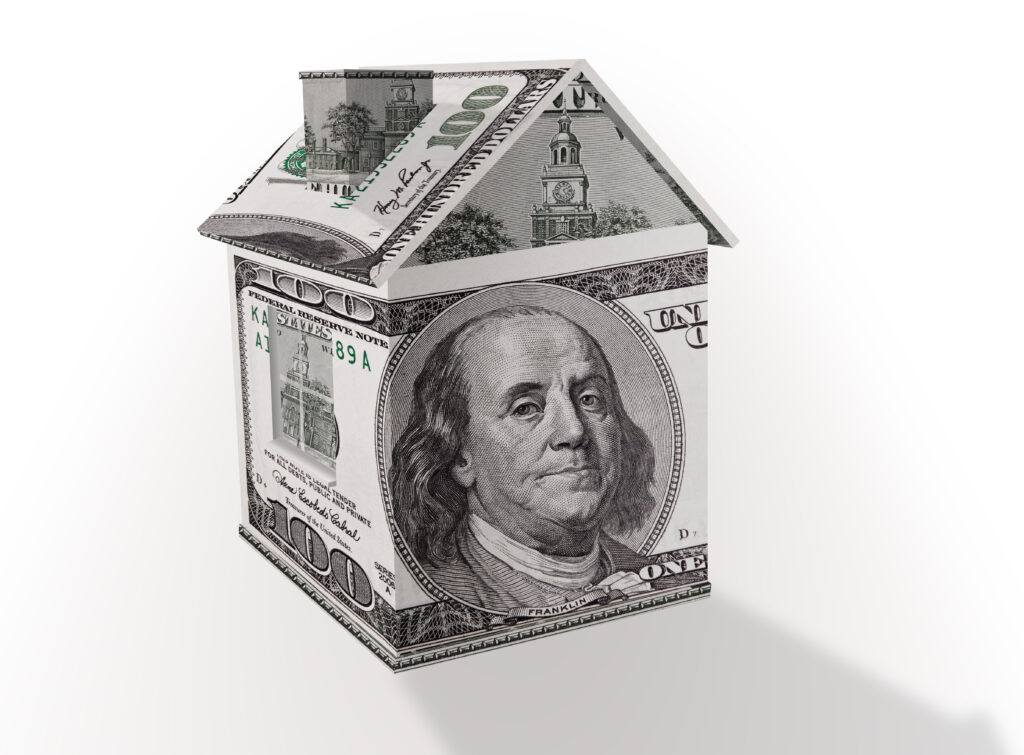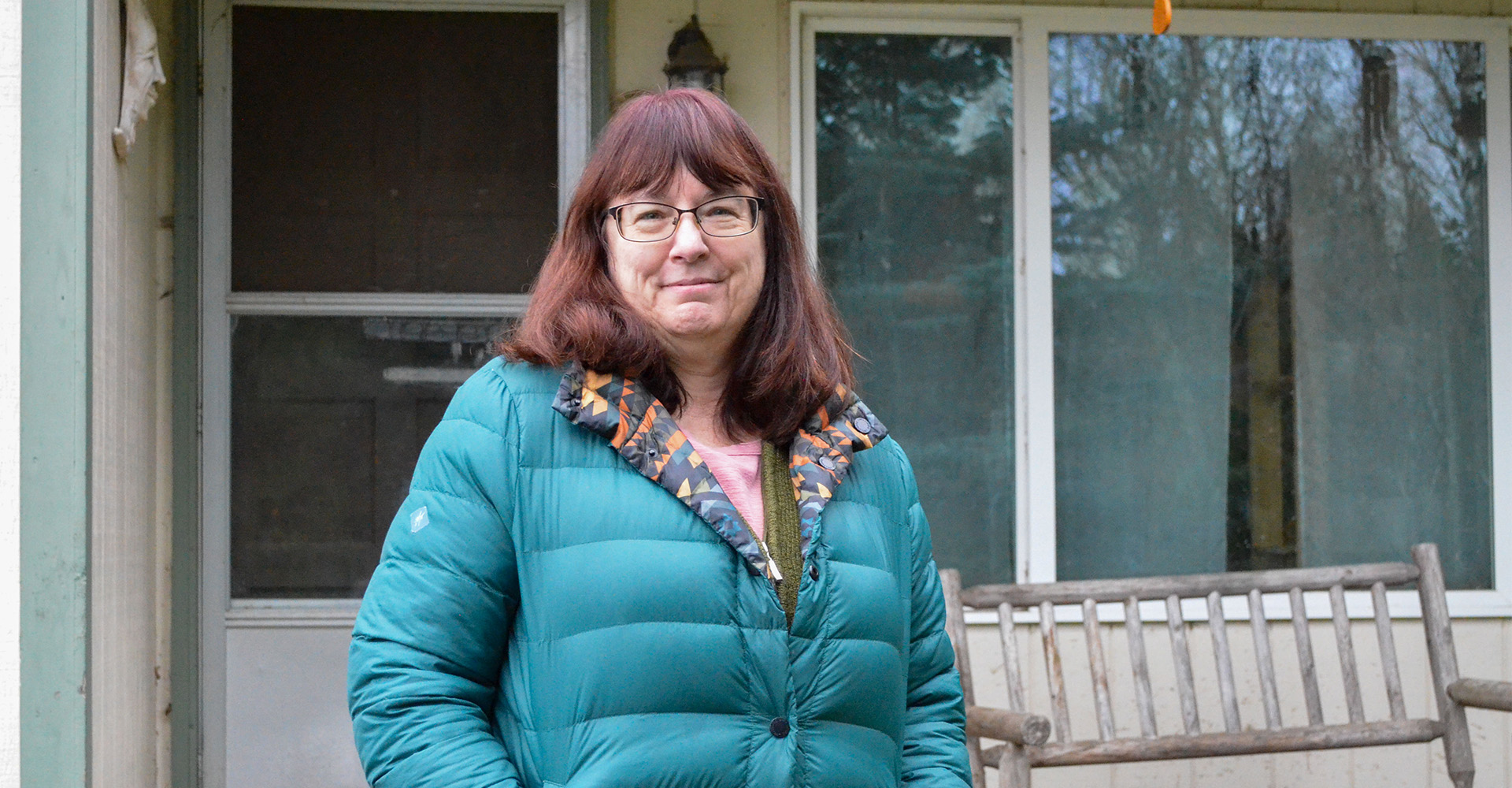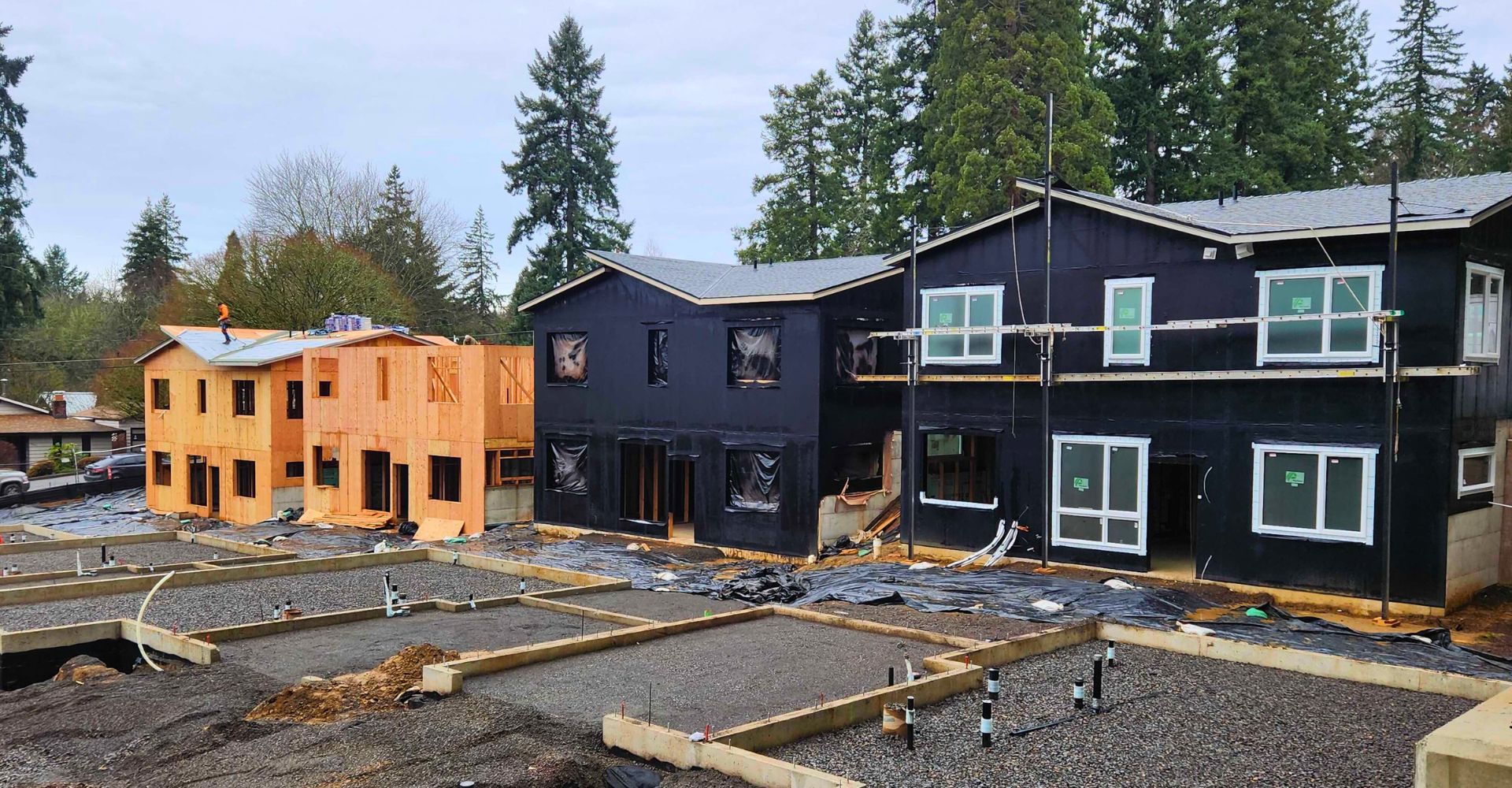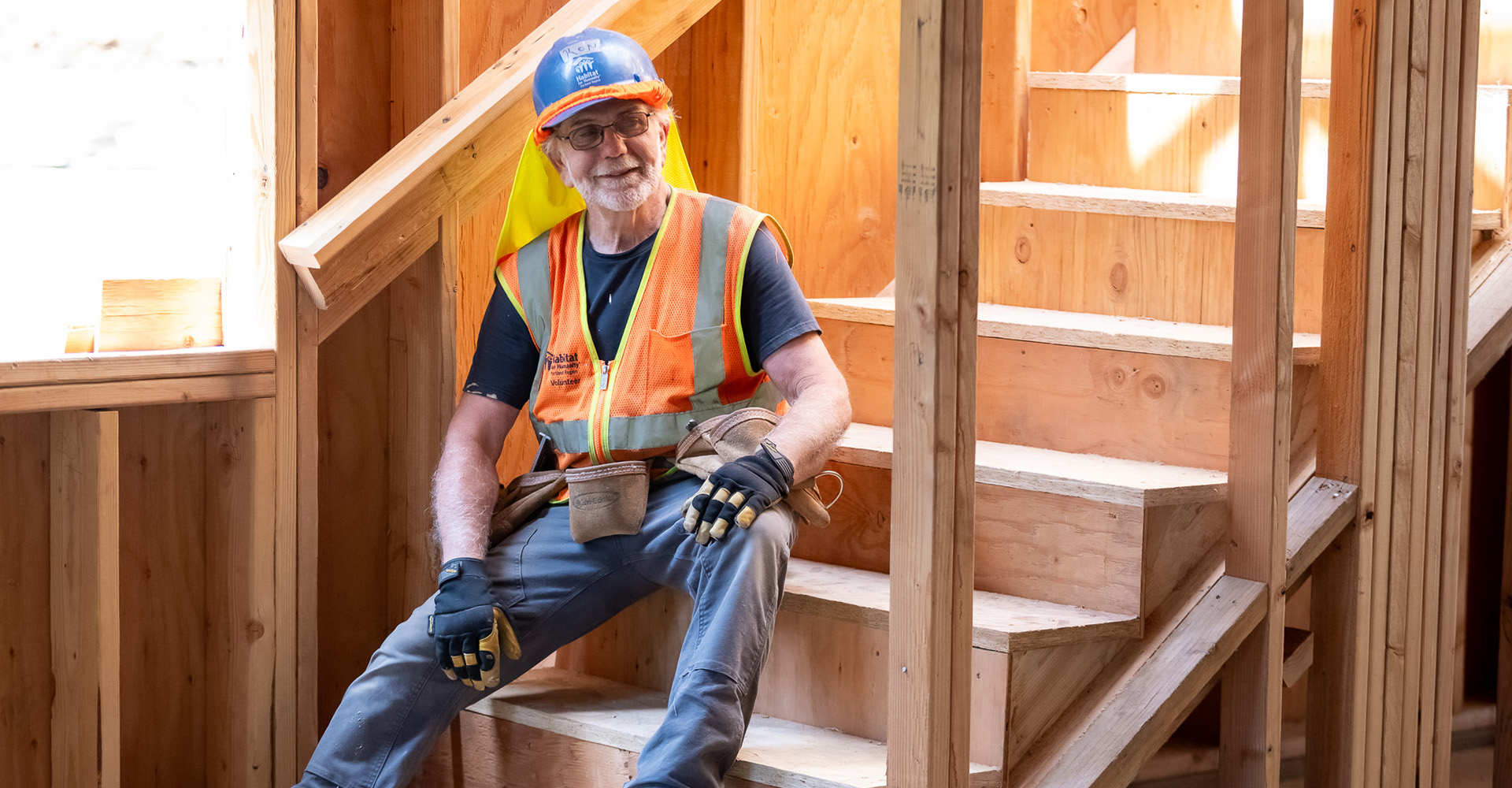
Home appraisers seeking certification in Oregon will now receive training on implicit and racial bias, a move state lawmakers and housing advocates hope will help curb racial disparities in home appraisals.
The new requirement, passed by the Oregon Legislature this session, is intended to address the tide of research showing considerable gaps between the appraised value of homes in predominately White neighborhoods compared to those comprised predominately of people of color.
Oregon Rep. Ricki Ruiz, D-Gresham, co-sponsored the bill along with Sen. James Manning Jr. D-Eugene. Ruiz and Manning Jr. also co-chaired the Oregon Legislature’s Joint Task Force Addressing Racial Disparities in Homeownership, which proposed the new change.
“This work is part of proactively addressing prejudice and equipping professionals in all sectors with the knowledge and tools needed to deconstruct bias and misinformation,” Ruiz said in a statement on the bill. “Especially those in positions of such authority and influence on traditional means of accumulating generational wealth.
Also co-sponsoring the bill was Rep. Mark Gamba, D-Milwaukie, who called the change a small but needed step toward repairing the historic injustices of redlining and segregation.
“Requiring home appraisers to receive training on implicit bias will shift outcomes and incrementally address the racial wealth gap,” Gamba told Habitat. “I was proud to co-sponsor this bill and see it passed, but sad that it was necessary in the first place. We still have a long way to go towards creating the equitable and sustainable future we all deserve.”
In his testimony before lawmakers, Loren Naldoz with the Oregon Housing Alliance called the bill small in size, “but it’s impact is a great step in the right direction for promoting equity in the home sale process.”
Appraisal values set a benchmark for future financial opportunities or challenges. For borrowers, the appraiser’s decision can determine whether they will be able to buy their own home or have to continue renting. An appraisal below the contract price – the price the buyer is willing to pay for the home — can mean a higher out-of-pocket downpayment, or even a loan denial. For homeowners, the value of the appraisal can determine whether they can access an affordable line of credit, refinance to start a business, send a child to college, or receive a home repair loan for improvements. It can mean the difference between building wealth in their home or leaving a liability for the next generation.
Lower home values, along with higher mortgage debt and limited access to home equity loans, undercut opportunities for creating generational wealth, and contribute to the persistent wealth gap between Black and White Americans. That income inequality factors into the disparity in home values. Research has shown that, nationwide, Black homebuyers buy less expensive first homes, with more debt, than White homebuyers. Lower-priced homes are often in neighborhoods with fewer amenities that can affect a home’s future value, such as access to greenspace and adequately funded schools.
Pervasive issue draws national attention
Across the country, the home valuation process itself has come under greater scrutiny. In recent years, numerous reports have brought to light cases in other states where the valuation on a home was substantially lower when the owner was Black, or the home was in a predominately Black neighborhood. In one 2020 case in San Francisco, Black homeowners saw the appraised value of their home increase $500,000 after they removed evidence of their ownership and had a second appraisal with a White person appearing as the owner.
The issue attracted the attention of the White House, which in 2021 created the Interagency Task Force on Property Appraisal and Valuation Equity, or PAVE. The task force is charged with evaluating the causes, extent, and consequence of appraisal bias, and making recommendations to “root out racial and ethnic bias in home evaluations.”
Redfin and Zillow, two of the top real estate marketplaces, have reported on the disparities in home valuations between White and Black neighborhoods. Redfin analyzed value estimates for millions of homes between 2013 and 2021, and found that the average home in a primarily Black neighborhood was valued at $46,000 less than a comparable home in a primarily White neighborhood. That’s after accounting for other variables that contribute to a home’s value.
In committee testimony before state lawmakers, a representative from Zillow reported that in Oregon, the typical White-owned home was valued at 2.5% more than the typical Black-owned home. Both Redfin and Zillow testified in favor of the new bias education changes.
Last spring, amid reports of the racial disparities in home valuations, the National Assocation of Appraisers, or NAA, issued a statement on real estate bias: “While NAA has not witnessed widespread discrimination in the appraisal process, it recognizes discrimination exists and we are dedicated to eradicate any discrimination anywhere in the provision of real estate appraisal services.”
The Appraisal Institute, a global trade organization, has also acknowledged the influence of racial bias and pledged to address the issue.
Appraisers are subject to Oregon’s fair housing statutes and the federal Fair Housing Act, which prohibits discrimination in the sale, rental, and financing of dwellings, and related transactions based on a person’s race, color, national original, religion, sex, familial status, or physical or mental disability. But prior to this action by the Oregon Legislature, there were no specific educational requirements around racial bias or an appraiser’s responsibilities under the fair housing laws. The law goes into effect in late September and now aligns with similar requirements for mortgage brokers and real estate agents.
The cumulative effect
Appraiser training, while important, may not uproot generations of home value disparities, or remedy the cumulative economic impact.
In their groundbreaking study released in November 2022, researchers Junia Howell and Elizabeth Korver-Glenn at Washington University analyzed more than 32 million appraisals from 2013 to early 2022, made available through an unprecedented release of nationwide appraisal data authorized by the Federal Housing Finance Agency. The results show the cumulative financial impact of decades of racial housing disparities.
Nationwide, they found, the value gap between homes owned by White people compared to people of color was alarming. When all property and neighborhood characteristics were equal, in 2021, licensed appraisers valued homes in White neighborhoods as double the value of homes in communities of color. Howell revisited data for 2022 and found the inequality in appraisals between comparable homes increased an average of $20,000. “In 2022,” Howell wrote, “the absolute inequality between appraised values in White neighborhoods and communities of color was the largest it has ever been.”
The researchers attribute a large portion of the problem to the sales comparison approach, which carries forward a legacy of historical bias, including racial discrimination in lending practices in the mid-1900s that pushed Black homeowners into a market of lower-priced homes, with fewer financing options for home repairs and improvements, in neighborhoods economically segregated from more affluent, White communities.
The implicit and racial bias training was one of several recommendations to come out of the Joint Task Force Addressing Racial Disparities in Homeownership. In Portland, the Black homeownership rate is consistently the lowest among communities of color: 40 percent of Black residents in the Portland metro area are homeowners, according to 2021 Census figures, compared to more than 65 percent of White residents.
Selected Sources:
Junia Howell, Elizabeth Korver-Glenn, Washington University: LINK to Uploaded PDF: “Appraised: The Persistent Evaluation of White Neighborhoods as More Valuable than Communities of Color.”
Junia Howell Written Testimony Submitted to the Appraisal Subcommittee: LINK to Uploaded PDF Color Coded: The Growing Racial Inequality in Home Appraisals
The Urban Insitute: Three differences between black and white homeownership that add to the housing wealth


